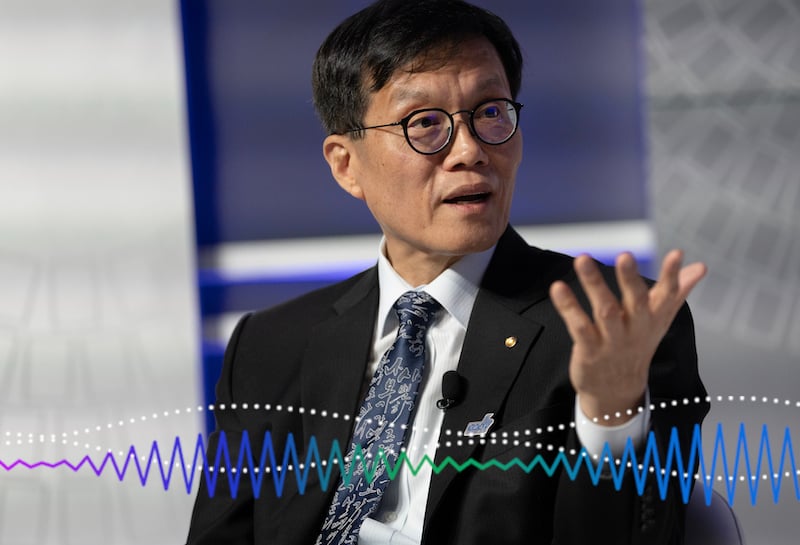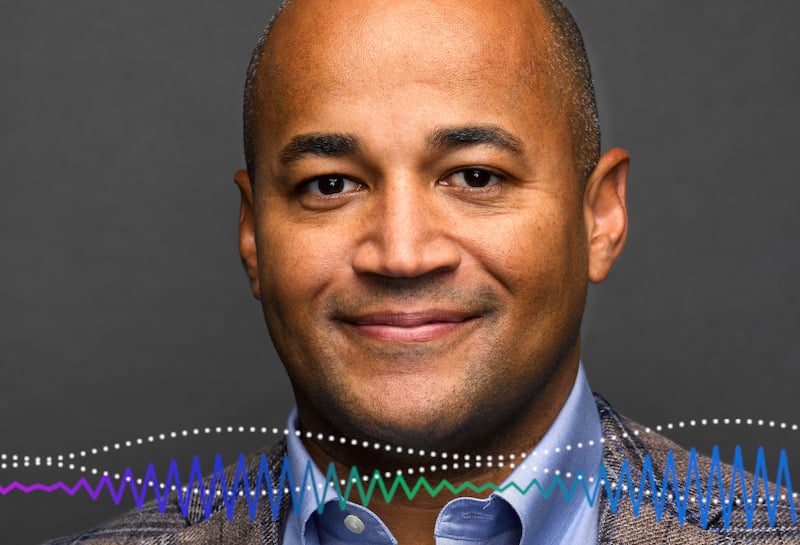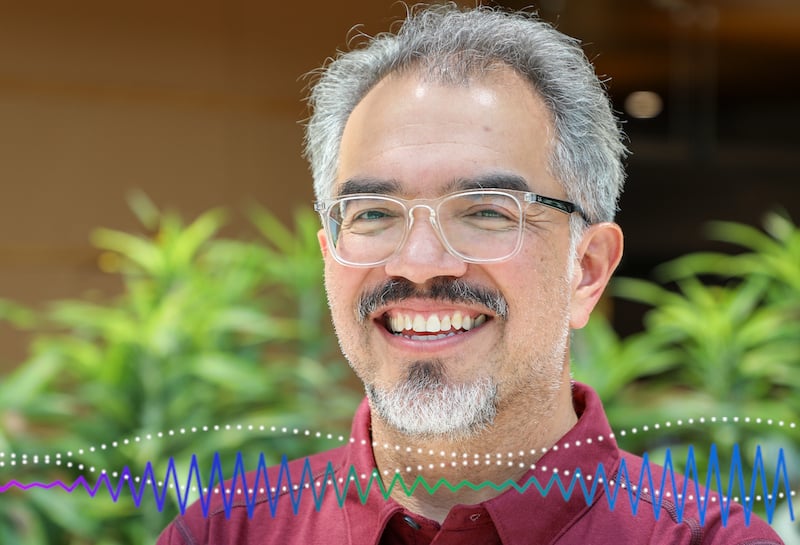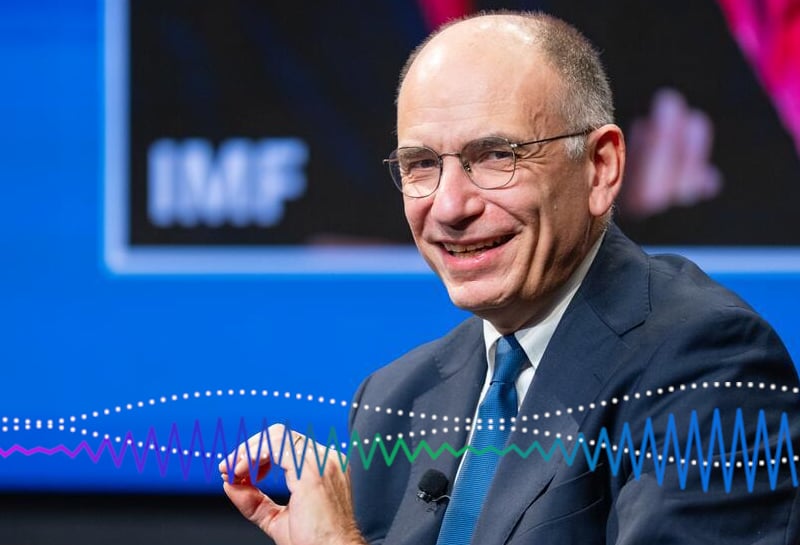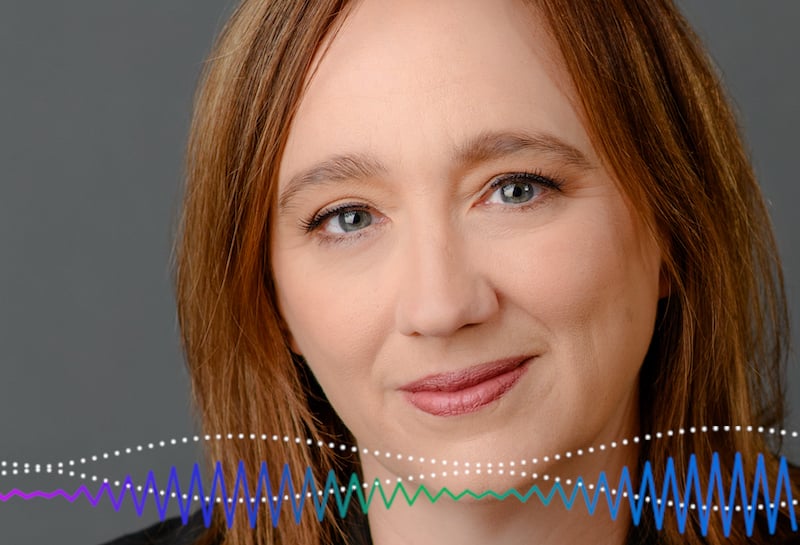
Roxana Mihet on Financial Innovation and Rising Inequality
Using drones to count cars on retail store parking lots gives investors an edge over those who don't have access to that data. (iStock by Getty Images/LoveTheWind)
In This Episode
With the great strides in financial technology in recent years, the lower data processing costs and fees associated with investing in the stock market should have led to broader increases of household wealth. But in this podcast, economist Roxana Mihet says while fintech has reduced barriers to access and held out the promise of gains for all, it may have worsened capital income inequality. Mihet is Assistant Professor of Finance at HEC Lausanne, and her recent study suggests the most likely beneficiaries of financial innovation are those who have access to the valuable data that inform good investments. Mihet was recipient of the ECB's Young Economists Award in 2020 for her work on Financial Innovation and the Inequality Gap. She was invited by the IMF's Strategy, Policy and Review Department to present her research. Transcript
Join Us on Every Major Platform
Latest Podcasts
BEHIND THE MIC

Bruce Edwards
International Monetary Fund
Bruce Edwards produces the IMF podcast program. He's an award-winning audio producer and journalist who's covered armed conflicts, social unrest, and natural disasters from all corners of the world. He believes economists have an important role in solving the world's problems and aspires to showcase their research in every IMF podcast.

Rhoda Metcalfe
RHODA METCALFE is an independent journalist and audio producer.





